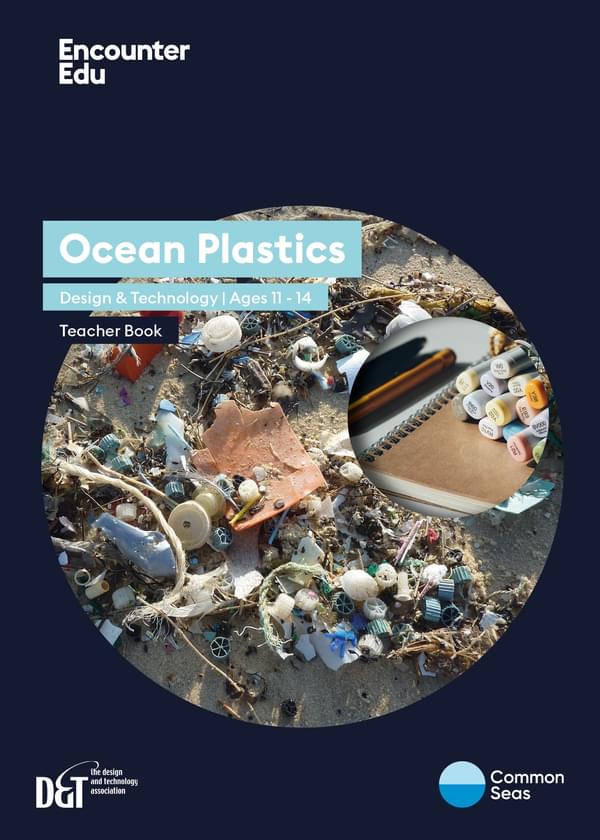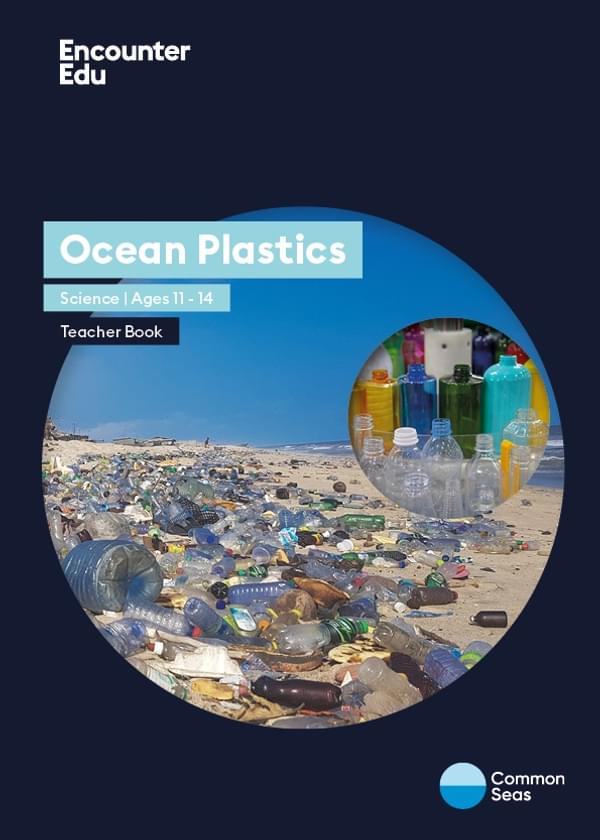How to improve students' online research skills
Setting independent research tasks as homework gives students ownership over their learning. This increases engagement in the subject and overall progress. Educators hope that over time students become more critical about what they read online, however, for most students this takes many years of practise. An unintended consequence of letting students go it alone is that they are vulnerable to selecting poor quality sources and acquiring misconceptions.
To ensure students can excel in their independent online research tasks we have composed some essential questions students should ask when searching online. These are designed to guide students to discern what is and is not a good source of information.
Who?
Who has written the information? Are they an expert? If so, this is a preferred source?
What?
What else has that person written? If they have written lots of similar information on that topic, they may be quite knowledgeable and are therefore a preferred source.
When?
When was it written? Science is always changing. Old information is not as valid as new information. The more recent the date it was published the better.
Where?
Where is the information from? If it is a respected organisation then the information is more likely to be accurate. As an example, Wikipedia is an open educational resource which means that it can be edited by the public, whereas another organisation, such as NASA, create all of their materials internally, which are therefore moderated by experts.
Why?
Why did the person write this? Maybe the person writing this is benefiting from sharing the information. This would mean they are biased. If someone is biased, they are more likely to lie or exaggerate the truth. Therefore, the source is less reliable.

Design and Technology | Ages 11-14
Ocean Plastics
Ocean Plastics DT ages 11-14 unit is a KS3 teacher resource. Students innovate new products that apply the 6 Rs and design principles to protect oceans from plastic waste. Included are teacher resources that promote students to solve their own design problems with creative ideas.

Science | Ages 11-14
Ocean Plastics
Ocean Plastics Science ages 11-14 unit is a KS3 teacher resource combining both biology and chemistry. Students discover the journey plastic takes from manufacture, use, and disposal into the ocean. Included are teacher resources that allow students to emulate real research conducted by The University of Plymouth.